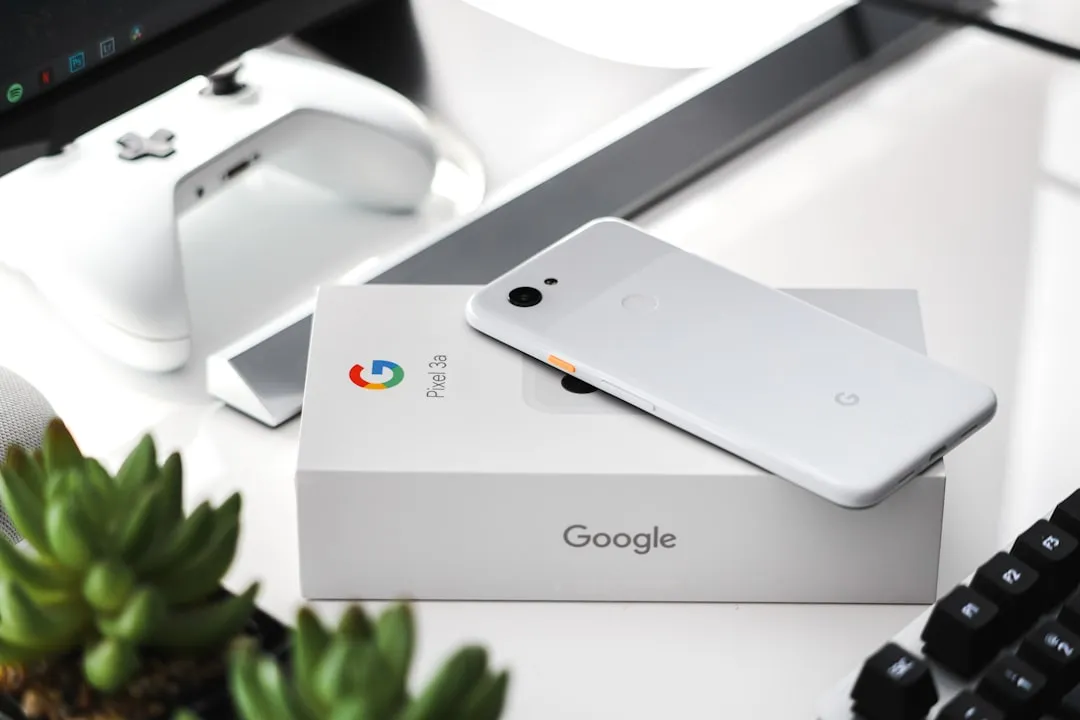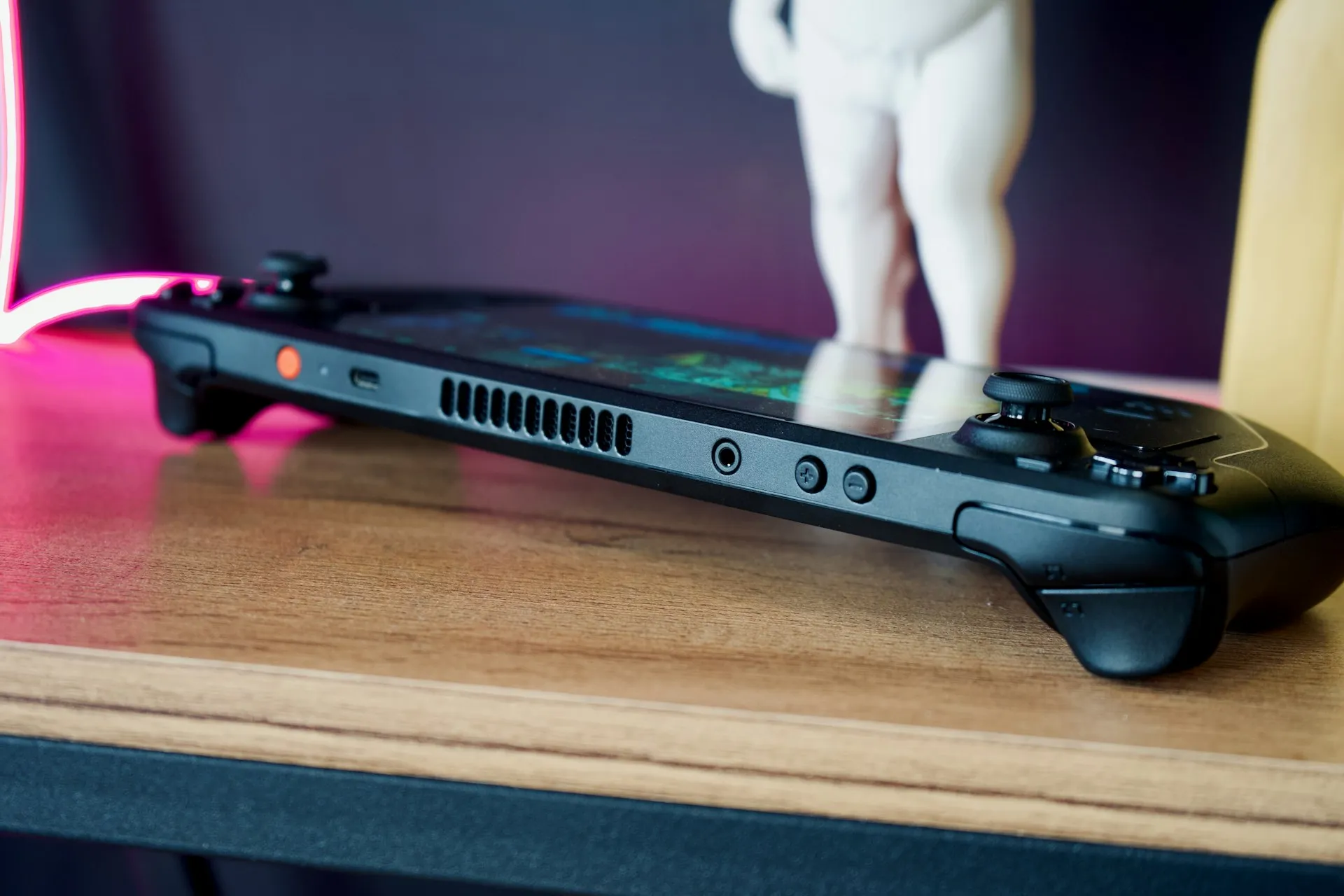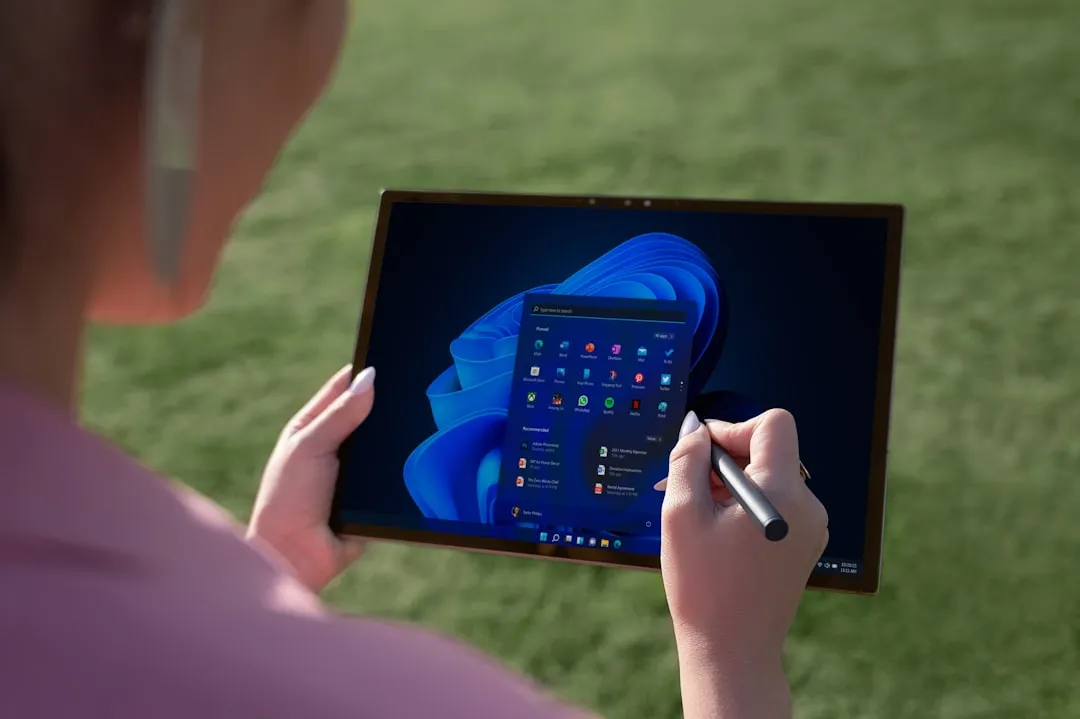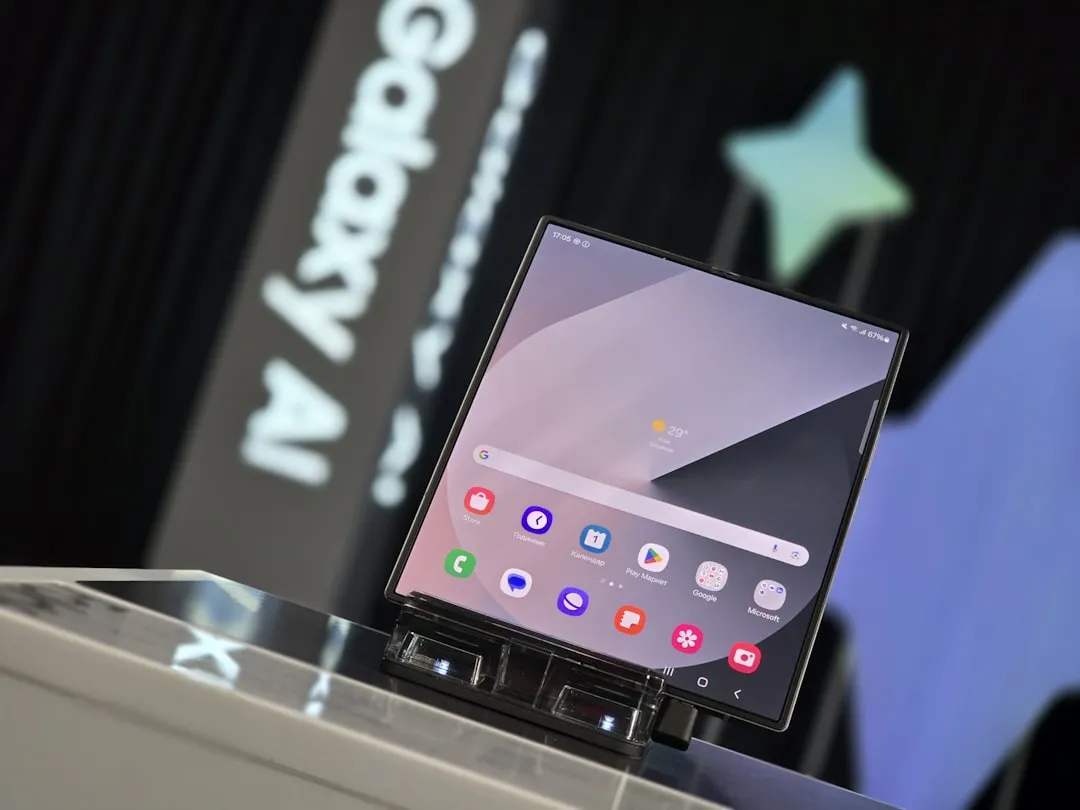This week has been quite a successful one for Google, thanks to non-stop news coverage of their developer-focused I/O conference.
Now, there's even more reason for the buzz as they've just announced that Project Ara, their modular smartphone that could revolutionize the industry, will be shipping out later this year to developers.

Project Ara on display
On the last day of the I/O conference, Friday, May 20, Google's Advanced Technology And Projects department announced that they've made great strides with the modular smartphone's evolution, enough to both become its own division of the company and to ship developers editions beginning in the fall. They're also working towards creating a consumer edition to be released next year.
The main concept behind Ara was to create a phone that could take advantage of the rapid advancement of smartphone technologies—like cameras, speakers, and batteries—and let users upgrade their phone's features without buying a new one.
There's a heavy emphasis on customizing, as the phone's body contains slots that can accommodate up to six different modules with different functionalities. Want to boost your camera's power for a shoot? Pop in a module with a higher quality lens. Looking to record a song or memo on the go? Remove a module you don't need and put in a specialized recording module.
The best part about Ara is that to upgrade specs, you won't even need to reboot, you simply connect the module and use it right away.

Ara baseplate system
At the heart of Ara is the Greybus software, which allows for greater power efficiency and rapid-fire connections and data transfers thanks to the electromagnetic latch holding all modules in place.
All of the modules will come in different colors, materials, and finishes that let users add their own sense of style to the phone. Modules will be manufactured with the help of partners like Samsung, Toshiba, iHealth, and E-Ink, among others. Developers are being encouraged to join ATAP in creating new modules by signing up on their website.

























Comments
Be the first, drop a comment!